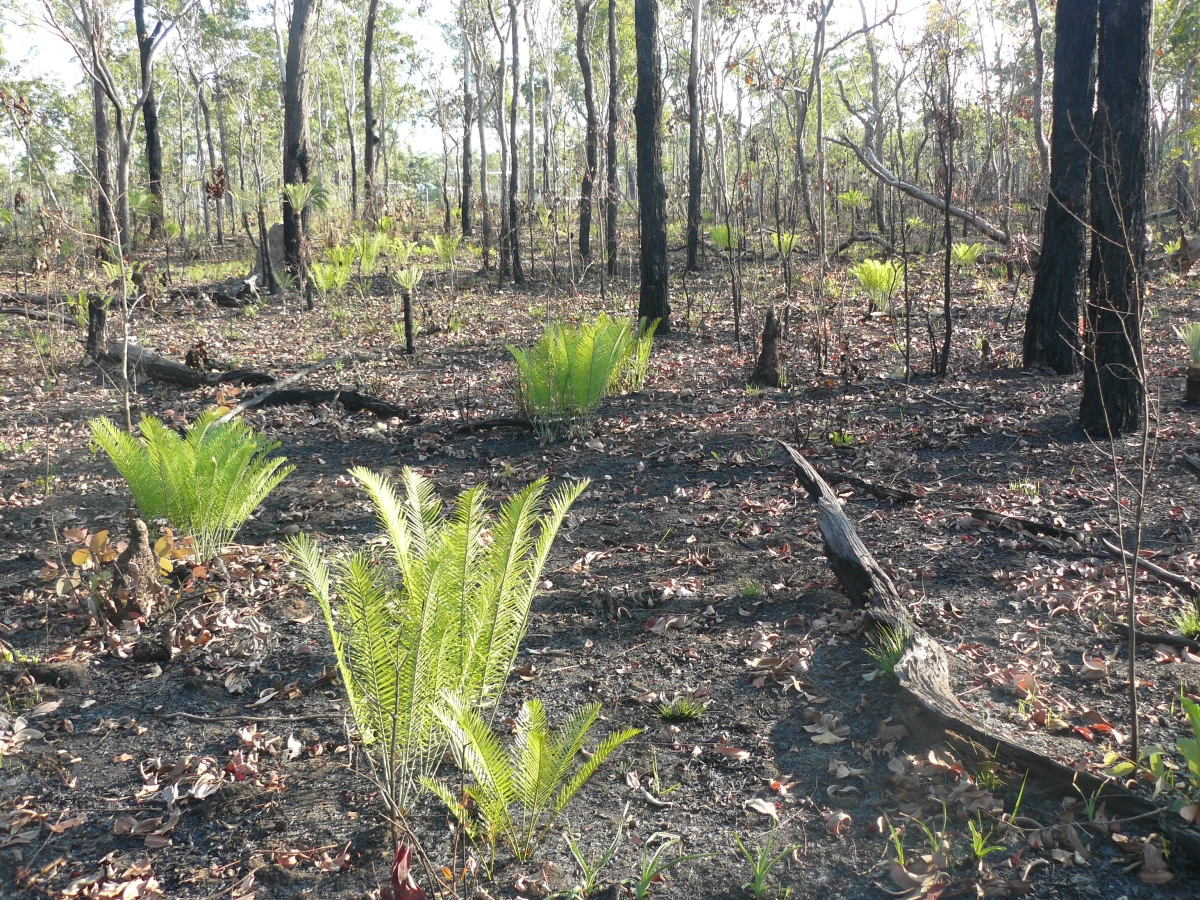Feeling like the stresses of academic life are getting to you? Here are some handy tips for managing your stress (modified excerpt from The Effective Scientist)
As professions go, being an research scientist probably doesn’t top the list for most stressful, although if you are drilling ice cores in Greenland, photographing deep-sea life from submersibles, setting up seismography equipment on the slopes of active volcanoes, diving with sharks, or scaling 75-metre trees in the Amazon rain forest to collect beetles, then stress is just part of the job. However, I am not going to discuss that kind of stress; rather, I am referring to the day-to-day stress of a demanding academic environment.

The stress of the career scientists is insidious and multifaceted. The cumulative stress of academia grows as one progresses from being a student, through postdoctoral life, to early-career lectureship, and all the way to tenured professorship. Will I be awarded that grant? Will the editors accept my manuscript? Will I be promoted? How long will I have a job? How do I make sure my lab members succeed? Will I be invited to that conference? Do my peers respect me? How do I recover from that critique of my research?
If you do not learn how to deal with these stresses along the way, you are likely setting yourself up for a big crisis somewhere down the track. I will provide some tips that my colleagues and I have found to be useful in that regard.
In the day-to-day routine of being a scientist, one activity in particular is simultaneous a blessing and a curse — e-mail. E-mail — rather, the messages delivered by it — can be an immense source of stress. There is the stress associated with pressure to respond quickly to urgent requests, the stress arising from e-mails that you really should have responded to weeks ago, but still haven’t yet, and stress from messages that are nasty, vindictive, or even libel received from angry colleagues or misinformed members of the public.
Read the rest of this entry »




